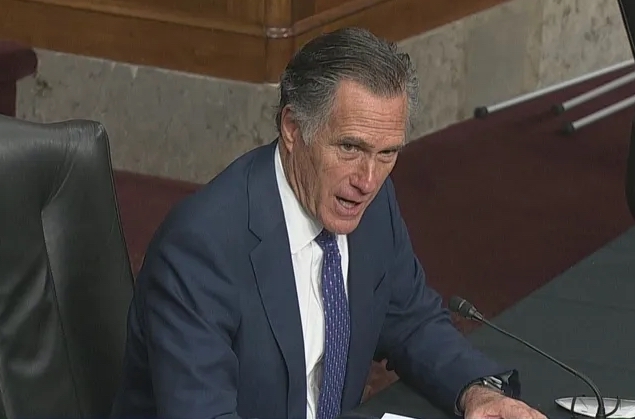Andrew Biggs of the American Enterprise Institute explains why higher tax rates would not solve Social Security’s long-term funding problems.
My policy preference for Social Security to become a smaller but more poverty-focused program has one obvious objection: Why not simply raise taxes? The true answer isn’t in economics, regarding incentives, economic growth and so on – although I find those arguments compelling. The answer is in politics: Americans do not wish to raise taxes to a sufficient level to keep paying full promised Social Security benefits in perpetuity, and even Democratic politicians know that they do not.
Nearly all progressives favor eliminating the $147,000 “cap” on earnings subject to payroll taxes, in order to focus tax increases on the rich. Most countries have such a cap, and in most cases the payroll tax ceiling is actually lower than in the U.S. Regardless, taking the rich isn’t nearly enough. To cover the rest, Congressional Democrats’ Social Security 2100 Act would raise the tax rate paid by low and middle-income workers, from today’s 12.4 percent up to 14.8 percent. Without this tax rate increase, the Social Security 2100 Act would not come even close to making the program solvent for the long run.
Yet President Biden has explicitly ruled out raising taxes on low and middle-income households. …
… That leaves policy makers back where they started: we don’t want to gut the safety net for poor seniors and many members of both parties wish to strengthen it. We don’t wish to raise payroll taxes on low and middle-income workers, and there aren’t enough of the superrich for them to fund Social Security benefits by themselves. That leaves us thinking about scaling back benefits for better-off Americans, perhaps coupled with initiatives to establish 401(k)-like retirement accounts for every worker and to automatically enroll employees in these accounts.


